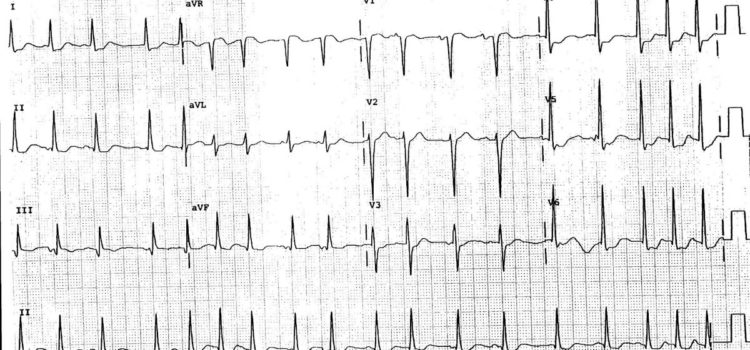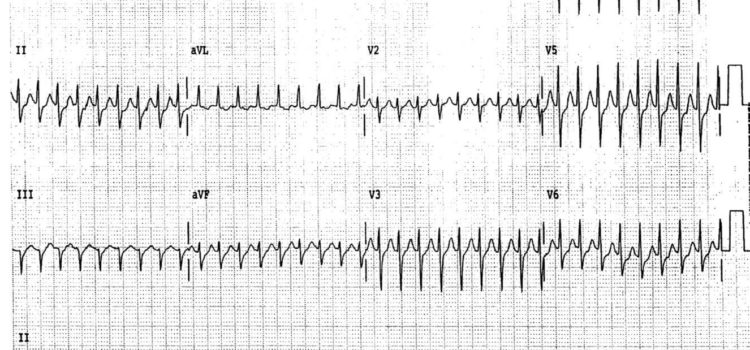Urgent message: Most cases of vertigo are benign. This includes etiologies such as benign paroxysmal position vertigo, labyrinthitis, and psychogenic causes. However, there are serious, “can’t miss” etiologies which should be considered during the urgent care evaluation of a dizzy patient. Cody McCoy, DO and Michael Weinstock, MD Citation: McCoy C, Weinstock M. A cause of dizziness not to be missed. J Urgent Care Med. 2023;17(5):13-16. Key words: dizziness, vertigo, disequilibrium, BPPV INTRODUCTION Dizziness presents …
Read More



